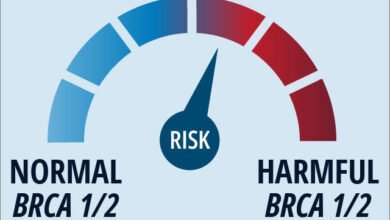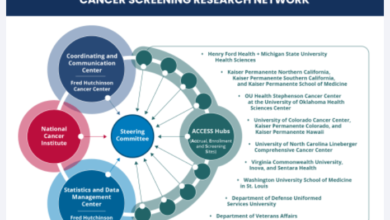“The Devastating Impact Of Cancer”

If you would like this piece read to you, just click above
In this post, I wanted to lay out some basic arguments about whether we will ever find an effective cure for any of the major cancers. Personally I don’t think so, despite, to quote Cancer Research, “together, we will beat cancer.” They must keep the money coming in somehow, I guess!
What is cancer?
Cancer affects millions of people worldwide. It is the second leading cause of death globally, according to the World Health Organization. It is caused by abnormal cells that grow and spread uncontrollably in the body. There are more than 100 types of cancer, each with different causes, symptoms, treatments and outcomes.
What are the challenges of finding a cure for cancer?
Finding a cure for cancer is not easy. Researchers face many challenges, such as:
- The complexity and diversity of cancer cells. They can mutate and evolve, making them resistant to drugs or immune system attacks. They can also vary widely, depending on the type and stage of cancer, the location and environment of the tumor, and the genetic makeup of the individual. For example, breast cancer is not one disease, but a collection of different subtypes.
- The side effects and limitations of current treatments. There are many effective treatments for cancer, such as surgery, chemotherapy, radiation therapy, immunotherapy and targeted therapy. However, they often have serious side effects that affect the quality of life of patients. Some treatments may also lose their effectiveness over time, or may not work for certain types of cancer or patients. For example, chemotherapy can cause nausea, hair loss, fatigue and infections.
- The ethical and social issues involved in cancer research. Finding a cure for cancer requires a lot of resources, funding, collaboration and innovation. However, there are also many ethical and social issues to consider, such as the safety and efficacy of new drugs or therapies, the access and affordability of treatments for different populations and regions, the protection of human rights and privacy of patients and participants, and the regulation and oversight of research activities. For example, some new drugs or therapies may be very expensive or not available in some countries or regions.
What are the promising areas of research for finding a cure for cancer?
Despite these challenges, there is still hope for a cure for cancer in the future. There are many ongoing research projects and clinical trials that explore new ways to prevent, detect, treat and cure cancer. Some of the promising areas of research include:




- Nanotechnology. This uses nanoscale materials or devices to deliver drugs or therapies directly to cancer cells, without harming healthy cells. Nanotechnology can also enhance imaging, diagnosis and monitoring of cancer. For example, researchers have developed nanoparticles that carry chemotherapy drugs to tumor cells while avoiding healthy cells.
- Gene therapy. This modifies or replaces defective genes that cause or contribute to cancer. Gene therapy can also boost the immune system’s ability to fight cancer cells. For example, researchers have used gene editing tools to correct mutations in blood cells that cause sickle cell anemia or beta-thalassemia.
- Stem cell therapy. This uses stem cells to repair or replace damaged tissues or organs affected by cancer. Stem cell therapy can also create new sources of blood cells or immune cells for transplantation. For example, researchers have used stem cells to create artificial skin grafts for burn victims or organoids for drug testing.
- Immunotherapy. This uses substances or cells that stimulate or enhance the immune system’s ability to recognize and destroy cancer cells. Immunotherapy can also create vaccines or antibodies that target specific antigens or molecules on cancer cells. For example, researchers have developed CAR T-cell therapy, which engineers immune cells to recognize and kill cancer cells.
Conclusion
These are some examples of the exciting research that is being done to find a cure for cancer. We may not find a cure for all types of cancer in our lifetime, but we are making progress and improving the lives of many people who are affected by this disease. Whether this will happen quickly enough only time will tell!
Have we really broken the back of research, or have we only just done something very miniscule against this disease. I don’t think we have even touched the sides with this work. My view also, is that the problem is becoming too vast for politicians across the globe. It is still a massive financial black hole. Yet again our generation is leaving another vast issue for our children, and their children. I feel embarrassed and disappointed, as time will judge us. As always please feel free to share your own comments below.
Related
Source link
#Devastating #Impact #Cancer



